Thanksgiving is a time for gratitude, family, and delicious food, but it’s also a holiday filled with hidden dangers for our furry friends. Each year, veterinary clinics across the country see a spike in pet emergencies during the holiday season. According to the ASPCA, food-related illnesses alone send thousands of pets to emergency rooms during Thanksgiving. At Southern Crossing Animal Hospital in Memphis, we’re dedicated to helping your pets stay safe and healthy this holiday season. Here’s how you can protect them from common Thanksgiving hazards.
Common Thanksgiving Hazards for Pets
Food Hazards
Thanksgiving meals can be a minefield for pets. While some foods are harmless, many holiday favorites pose serious risks:
Turkey Bones: Cooked bones can splinter, causing choking, gastrointestinal blockages, or internal injuries.
- Onions and Garlic: These common ingredients can damage red blood cells and lead to toxic anemia.
- Xylitol: Found in sugar-free desserts and gum, this artificial sweetener is highly toxic to pets and can cause life-threatening hypoglycemia or liver failure.
- Chocolate: Even small amounts can lead to vomiting, tremors, or seizures in dogs and cats.
Safe Alternatives: Treat your pet to plain, skinless turkey, unsalted green beans, or a small spoonful of canned pumpkin (not pie filling). Always check with your veterinarian before introducing new foods, especially if your pet has dietary restrictions.
Decorations and Plants
Festive décor can be a source of curiosity—and danger—for pets:
- Plants: Popular fall plants like chrysanthemums, lilies, and poinsettias can cause toxic reactions if ingested.
- Candles and Electric Lights: Pets can knock over candles, leading to burns or fires. Chewing on string lights or cords can result in painful shocks or electrocution.
- Decorative Items: Small decorations, tinsel, or broken ornaments can be ingested, causing choking or intestinal blockages.
Preventative Step: Use pet-safe décor and place fragile items out of reach. Keep candles in secure holders, and unplug lights when unsupervised.
Stress and Noise
The hustle and bustle of a full house can overwhelm pets, especially those unaccustomed to large gatherings:
- Signs of Stress: Hiding, pacing, excessive panting, or vocalizing are common signs that your pet is anxious.
- Escape Attempts: Open doors and distracted guests increase the risk of pets slipping outside.
Solutions: Create a quiet retreat for your pet, complete with their favorite bed, toys, and soft music to help them relax. A pheromone diffuser can also provide additional comfort.
Symptoms to Watch for in Pets
It’s important to recognize signs of illness or distress early. Common symptoms include:
- Vomiting or Diarrhea: Could indicate food poisoning or ingestion of a foreign object.
- Lethargy: Unusual tiredness can signal an underlying problem.
- Difficulty Breathing: May indicate choking or an allergic reaction.
When to Act: Severe symptoms like prolonged vomiting, labored breathing, or unresponsiveness require immediate veterinary attention. Visit our pet emergency guide for quick steps to take in an emergency.
Proactive Pet Safety Tips for Thanksgiving
Secure the Trash
The smell of discarded turkey bones, fat, or food wrappers can be irresistible to pets. Ensure your trash is in a secured, pet-proof bin to prevent scavenging, which could lead to choking, blockages, or toxic ingestion.
Set Clear Guest Guidelines
Prevent accidents by asking guests to follow these pet-friendly rules:
- Don’t feed table scraps to pets, no matter how much they beg.
- Keep plates and drinks out of reach.
- Close exterior doors and windows to prevent escape attempts.
Train for Safety
Prepare your pet for the holidays by reinforcing basic commands like:
- “Leave it” and “Drop it”: These commands can prevent them from eating something harmful.
- Recall Training: Ensures your pet comes back if they slip outside.
If your pet isn’t fully trained yet, use baby gates to block access to food prep areas or set up a safe zone in another room.
How Southern Crossing Animal Hospital Can Help
We understand that accidents can happen, no matter how well-prepared you are. At Southern Crossing, we offer comprehensive services to keep your pets safe before, during, and after the holidays.
Routine Exams and Preventative Care
Regular wellness visits can help identify health risks and keep your pet in optimal condition year-round. Learn more about our wellness services here.
Emergency Support
If the unexpected occurs, our emergency team is here to help. Visit our After-Hours Emergency page for guidance and contact details.
Thanksgiving Safety FAQs
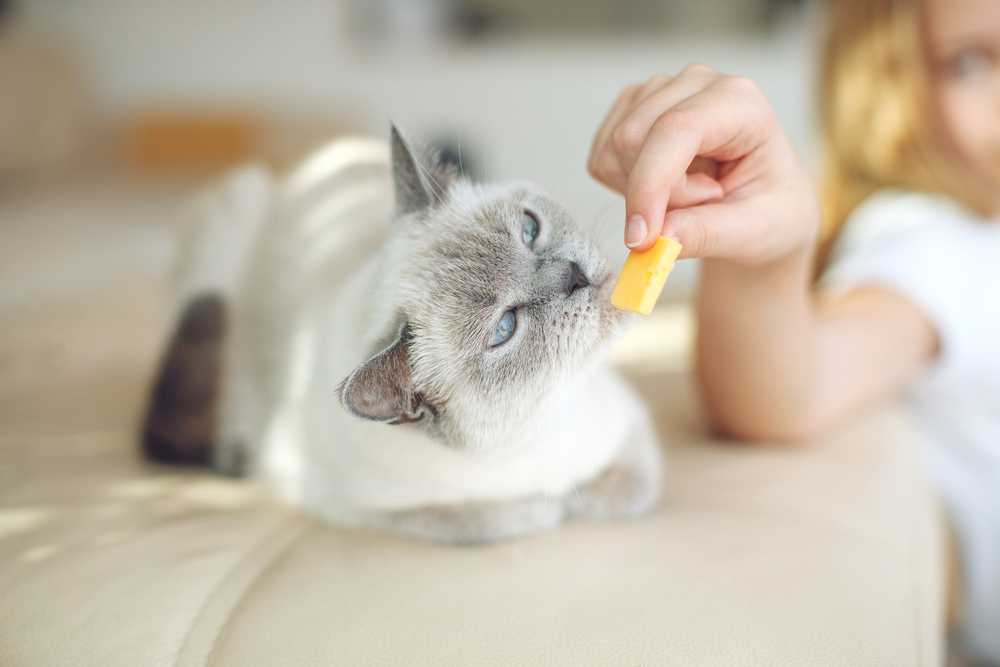
Q: Can I give my pet turkey skin or gravy?
A: No. Turkey skin, gravy, and other fatty foods can trigger pancreatitis, a painful and potentially life-threatening condition.
Q: My cat loves chewing on new plants—what should I do?
A: Keep all toxic plants out of reach, or opt for pet-safe alternatives like cat grass.
Q: What if my pet eats something dangerous?
A: Contact us immediately or visit our emergency page. Acting quickly can save your pet’s life.
Thanksgiving is a time to relax and celebrate with family—including your pets. By taking a few precautions, you can ensure the holiday is safe and enjoyable for every member of your household.
At Southern Crossing Animal Hospital, we’re here to provide guidance, care, and support whenever you need it. Contact us with any questions or schedule a pre-holiday check-up to ensure your pet is in perfect health.
Happy Thanksgiving from all of us at Southern Crossing Animal Hospital!



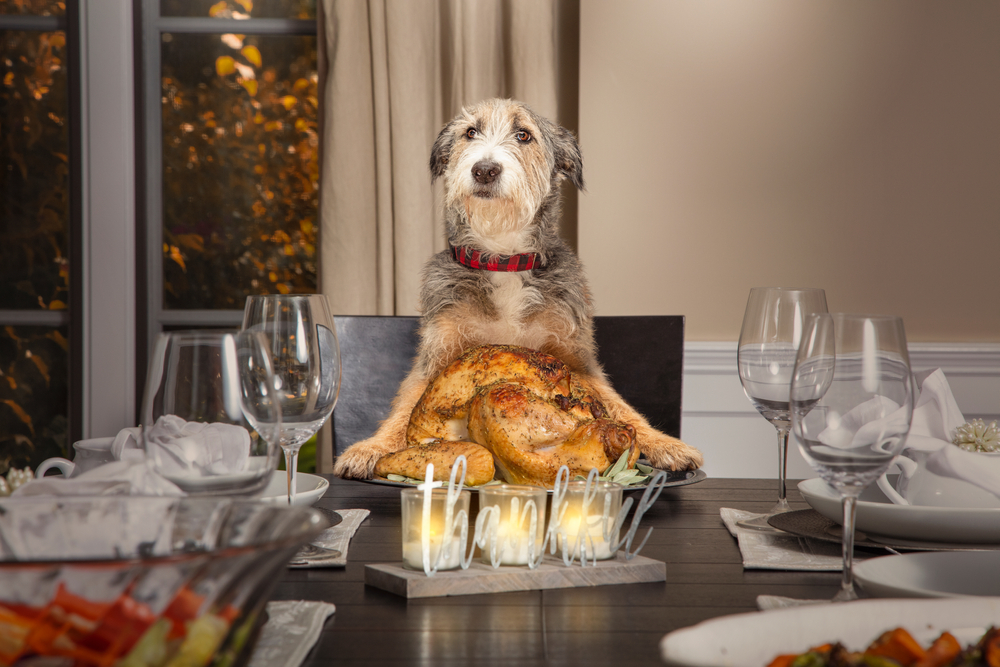
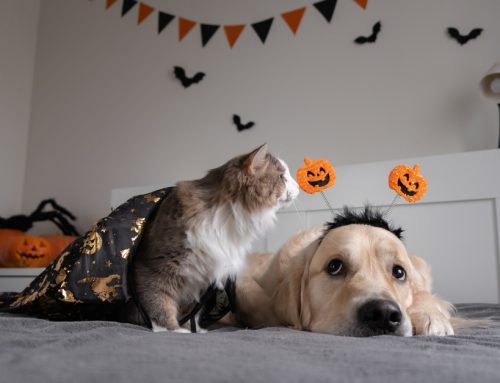
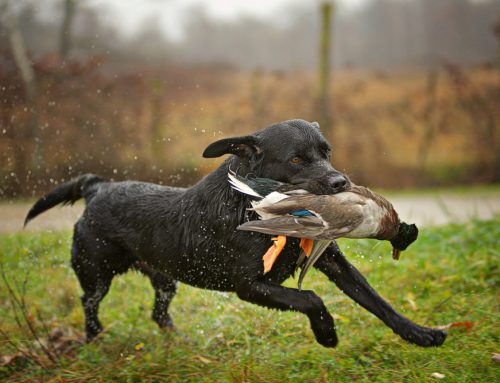
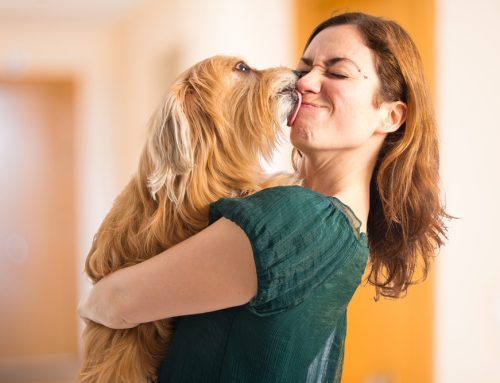
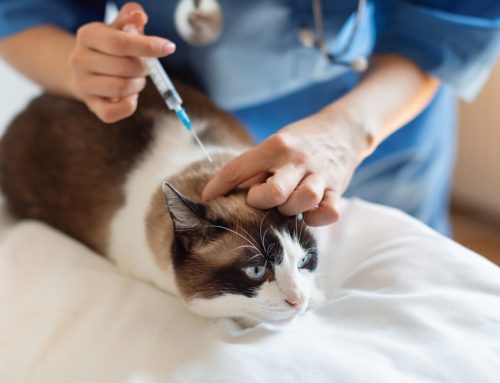
Leave A Comment